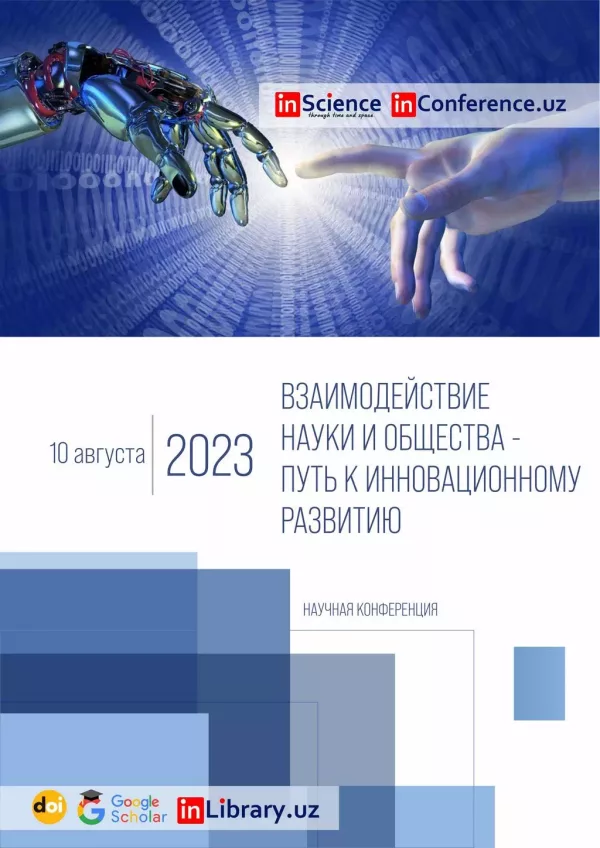DOI
https://doi.org/10.47689/2181-1415-vol1-iss2-pp300-320Keywords
Public administration / ICT / Digitalization of anti-corruption / International anti-corruption standards / Digital technologies Anti-corruption / Money laundering / Legalization of income / Легализация доходовAbstract
The article discusses the experience of foreign countries in the use of digital technologies in combating corruption. It was determined that in a number of foreign countries, along with already approved technologies (e-government, information and crowdsourcing platforms), modern information technologies are being actively introduced, such as: technologies for processing large amounts of data (Big Data), distributed ledger (DLT), blockchain, data mining (Data Mining), intellectual analysis in the field of anti-corruption in public procurement, analytical tools for auditors (Forensic Tools), electronic verification systems for declarations of income, expenses, assets and interests of civil servants, electronic anti-corruption technologies in the implementation of the electoral process, etc. ...
It has been determined that the benefits of digitalization can only be realized with the appropriate infrastructures, regulations, financial resources and personnel trained in ICT.
It has been substantiated that the processes of digitalization of law enforcement activities contribute to an increase in the effectiveness of the anti-corruption policy, ensure its effectiveness, objectivity, reduce the cost of maintaining law and order, and minimize the influence of the human factor in this area.
It is noted that technologies based on neural networks and decentralized, synchronized databases will fundamentally change the nature of public administration and can significantly reduce the risks of corruption offenses in the future
Downloads
Downloads
452 310Published
How to Cite
Issue
Section
License
Copyright (c) 2020 Абдулазиз Расулев, Баходир Исмоилов

This work is licensed under a Creative Commons Attribution 4.0 International License.




















